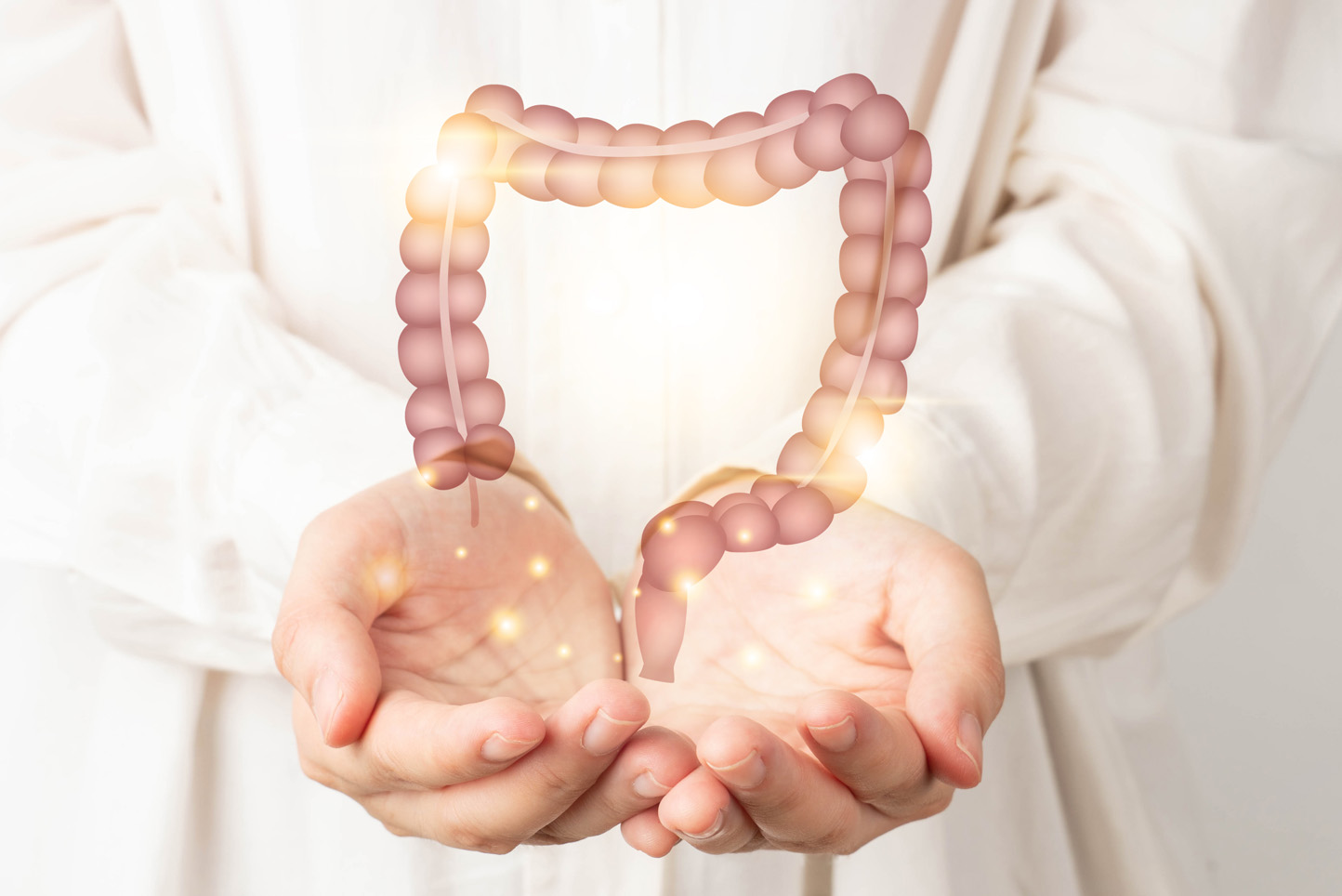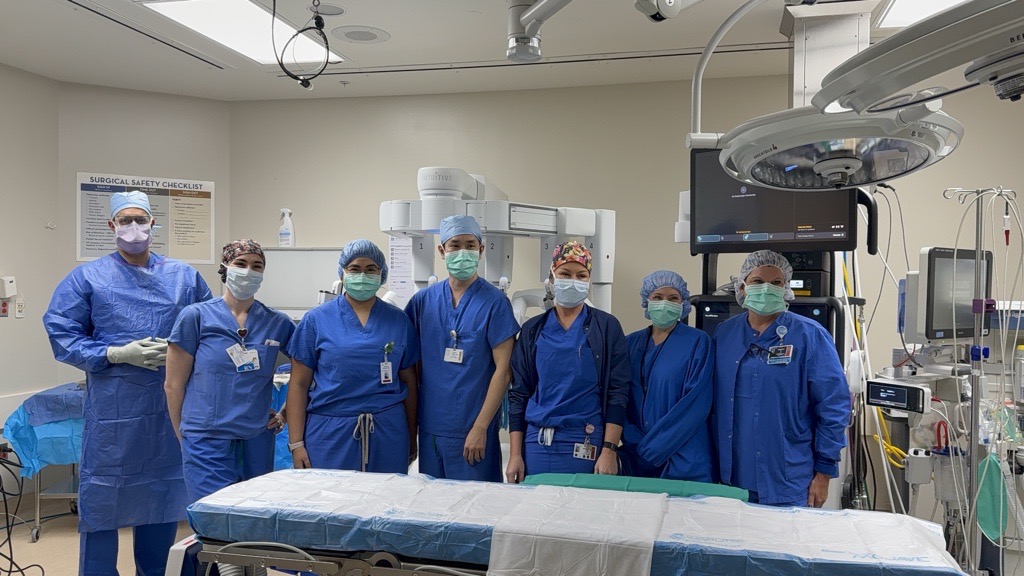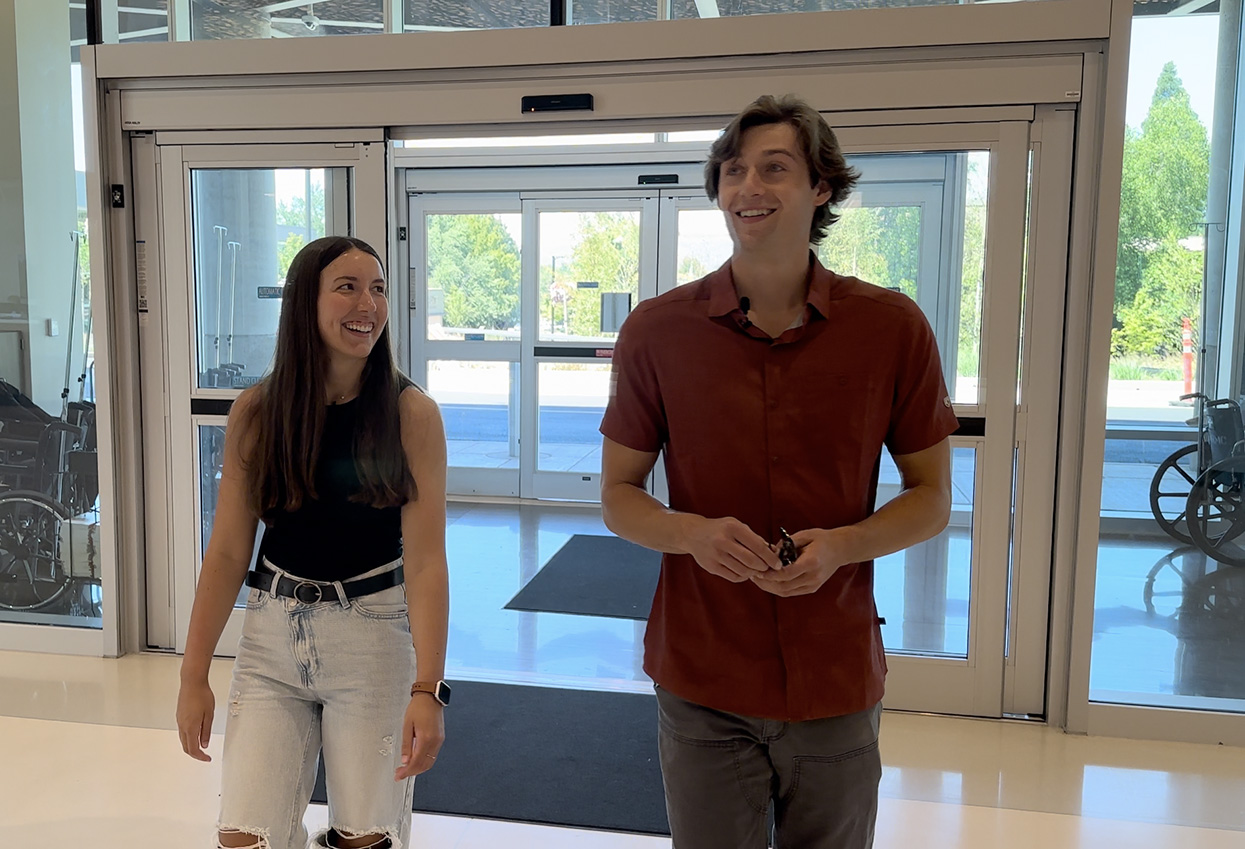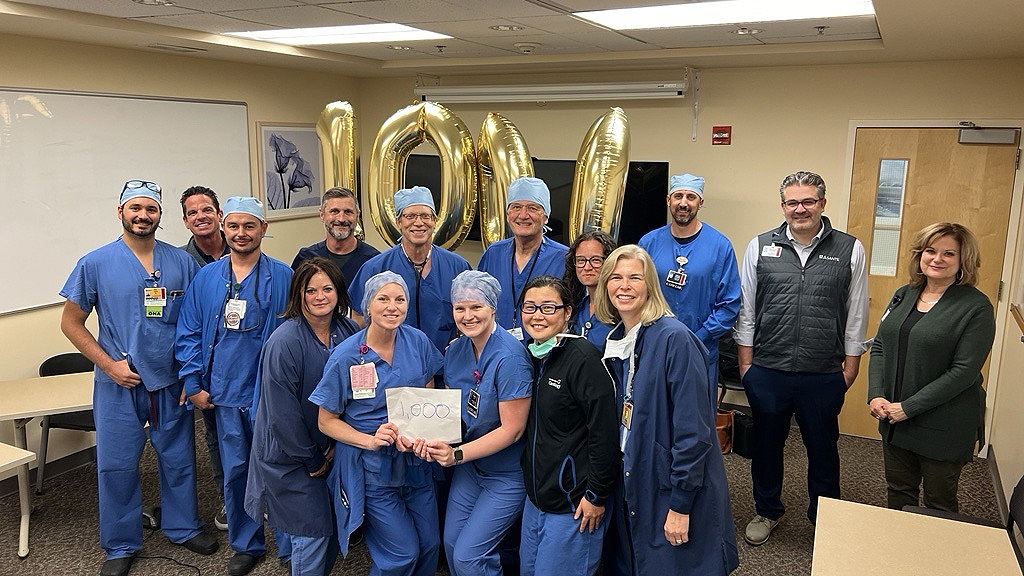Summary
Cardiovascular disease is a leading cause of death in the US, claiming someone's life every 34 seconds. This article will teach you about the different types of cardiovascular disease and the key warning signs you should not ignore.
Every 34 seconds, someone in the United States dies from cardiovascular disease. Heart disease is the leading cause of death for men, women, and most racial and ethnic groups in the United States. Heart disease describes a range of conditions that affect the heart, including coronary artery disease, heart failure, irregular heartbeats, or arrhythmias, and heart valve disease.
Comparing cardiovascular disease to a house
Cardiovascular disease is a lot like a house, which means many things can go wrong. The coronary arteries, which run on the surface of the heart, can be compared to a house’s plumbing system. Valves, like windows and doors, help keep blood flowing in the right direction. You’ve got the electrical system that encompasses disorders such as arrhythmias, atrial fibrillation or ventricular tachycardia. Finally, heart failure is when the heart muscle wall is weak, just like the structure of a house.
Coronary artery disease: A deeper understanding
Heart disease is often caused by a blockage of the coronary arteries. This blockage, caused by cholesterol plaque, restricts the flow of blood to the heart muscle and might result in a heart attack if one of those plaques ruptures. Coronary artery disease is one of the most common forms of heart disease in the United States.
Signs and symptoms
A recent patient of mine experienced heartburn-like symptoms in the night and assumed it was indigestion. The following day, he came to the hospital and turned out to be having a heart attack. It is essential to recognize the signs of a heart attack early on, as the amount of time available to save heart muscle is limited. We get about two to 12 hours to save heart muscle; after that, we can’t recover a whole lot by opening up a heart vessel.
If you are experiencing chest pain, pressure or an indigestion-like sensation in your lower chest that radiates into your neck, jaw or down both arms, accompanied by sweating or shortness of breath, don’t dismiss these symptoms — these are signs of a heart attack.
If these symptoms last just a second or a minute, they’re probably not related to your heart. But if they worsen over time and last 15 to 20 minutes, call 911.
Closing
It is essential to know the symptoms of a heart attack before it’s too late. Like a house that requires maintenance to stay in good condition, our hearts need care and attention to help prevent and recognizes signs of cardiovascular disease. Ignoring the warning signs could have devastating consequences—make sure you get checked out if something doesn’t feel right.









